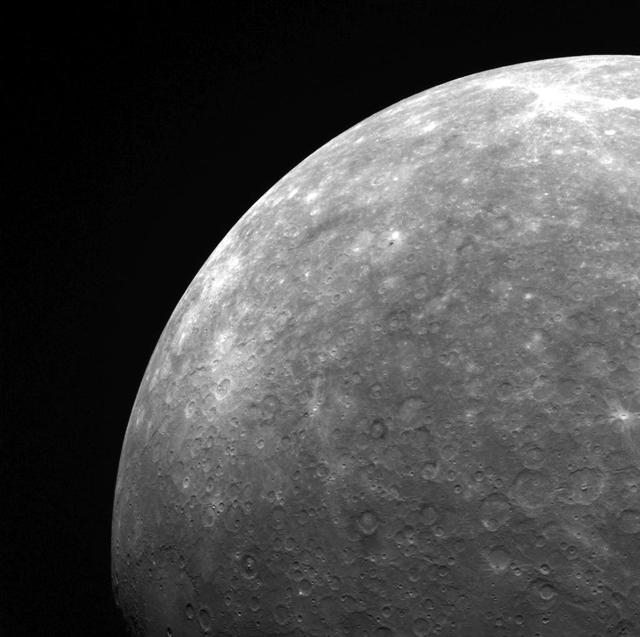Starwatch for May 2023
Written by Karl Hricko on May 17, 2023
Hello! I’m Karl Hricko of United Astronomy Clubs of NJ, bringing you the May Starwatch for WNTI-The Sound of Centenary
When I drop a ball, it falls down instead of up. We call this phenomenon “gravity”. It’s defined as the natural attraction between physical bodies, and it causes things to fall towards the Earth. The more massive an object is, the stronger is its gravitational pull. Newton said that gravity is what holds the planets in orbit around the Sun.
On the other hand, Einstein described gravity as not being a force, but being a result of the curvature of the fabric of space-time. Like a bowling ball on a trampoline pushing downward and making a depression or a gravity well. In all likelihood, gravity probably operates through all of these methods.
Whatever the case might be, the planets are still seen in the sky as they orbit the Sun. After sunset in the west, Mars can be seen to the left above Venus – both in Gemini. At dawn to the southeast, Jupiter is low in the sky in Pisces and Saturn is to the right in Aquarius. At mid-month to the east, Mercury can be viewed below Jupiter in Aries.
So while you observe the effect of the Sun’s gravity on the planets, you can also appreciate the effect of gravity on your feet as you fall toward the center of the Earth.
Until our next Starwatch – Don’t forget to check out … What’s up in the night sky!



